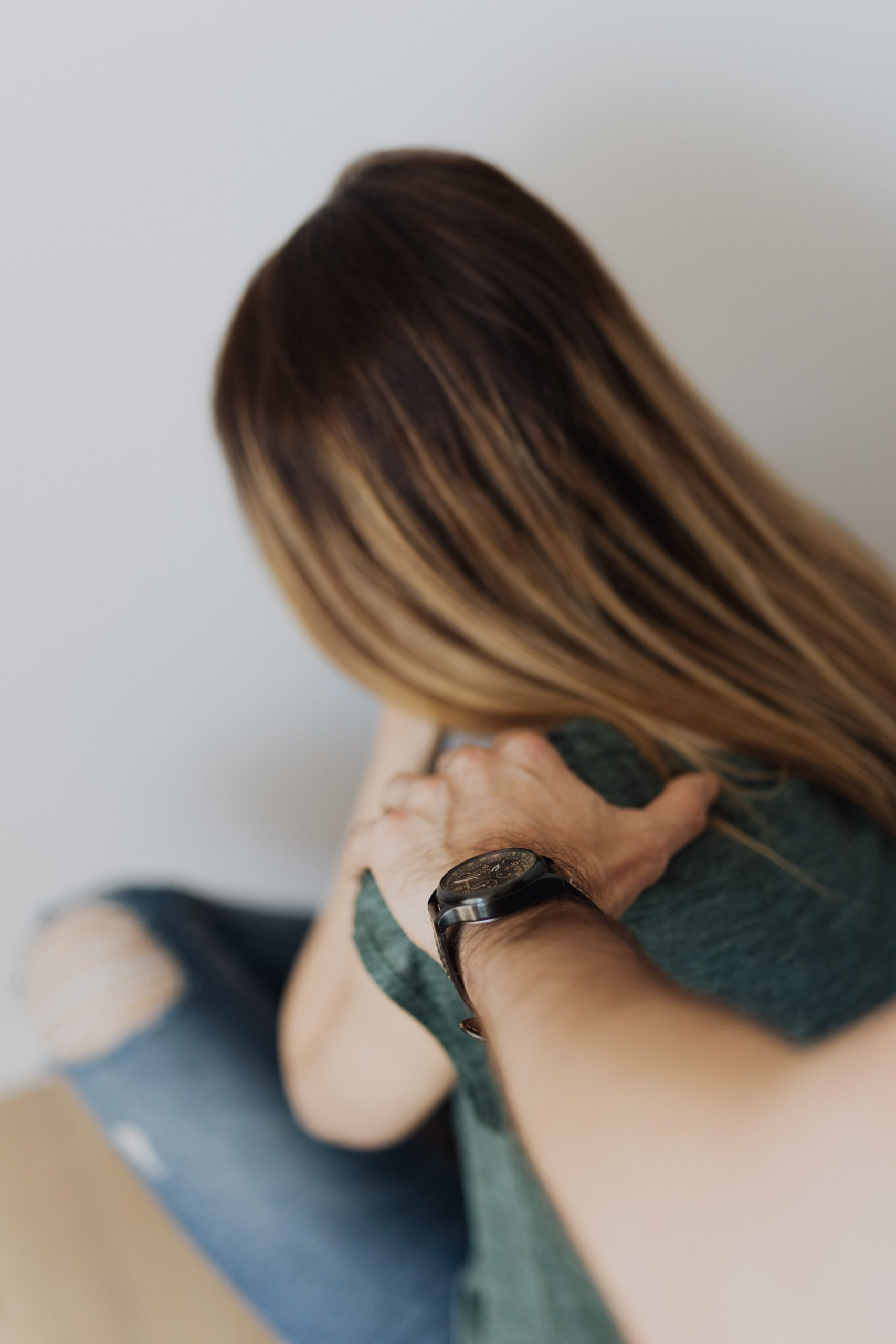Welcome!
Welcome to our research project website on victim-survivor experiences of and perspectives on Clare’s Law and Domestic Violence Disclosure schemes (DVDS). The site has been launched as a place where victim-survivors, practitioners, policy makers and other interested parties can learn more about Clare’s Law and access useful resources which may help them or others to raise awareness about what a DVDS is, how they can access a scheme, and what to expect if you do. Below we outline what the project was all about. Please also browse our publications and resources pages to find out more.
What is Clare’s Law/DVDS?
The Domestic Violence Disclosure Scheme (DVDS) allows for you, someone who cares about you, or someone you care about to ask if someone you/they are living with has a history of violent offences that may put you at risk of harm. The scheme is named after Clare Wood who who was killed in 2009 by her ex-boyfriend who had a history of violence towards women. The scheme also means that authorities have a duty to inform someone about a partner who is known to have violent criminal convictions, whether or not you have asked for that information to be disclosed.
To find out more about what Clare’s Law is and how to access a scheme, head over to our resources page where you can watch our accessible video, and read and download our accompanying poster and leaflet.

Worried about a partner’s behaviour?
“For someone like me, who has been with a violent partner in the past, it was reassuring to be able to check my new partners past before it got serious” (Interview Participant)
What is the project about?
This is the first research project to obtain and report on victim-survivor perspectives on Clare’s Law & their experiences of accessing a DVDS. Previous research has looked at practitioner and police perspectives on DVDS. However, given that such schemes were set up to empower women and to prevent domestic abuse, our project sought to understand how well women thought the scheme worked, what else might be done to improve women’s experiences of it, and how they perceived men’s violence towards women should be tackled.
The experiences of the women we interviewed and surveyed, and the extent to which women they thought DVDS could prevent domestic abuse, varied. A key message to emerge, however, was that when an application resulted in ‘nothing to disclose’ this should not be taken as evidence that their partner has not previously been abusive.
There is so much stuff that people like him do that he won’t get convicted of, and would never appear on Clare’s Law. So it gives a bit of a false impression about what he’s actually done if you get me? How many times did I call and nothing happened? People won’t know about that. It’s so hard to get a conviction, and the woman has to want to go down that route which I didn’t for a long time. You know, there could have been 20 incidents of domestic violence but if there wasn’t a conviction people wouldn’t know about it, you know. And that’s what worries me
Interview participant
To find out more about the project and what women told us, you can head over to read the full report.
Meet the researchers
Dr Charlotte Barlow Principal Investigator
Charlotte is a Reader in Policing at the University of Central Lancashire. University. She has led various research projects in the field of domestic abuse, including police responses to coercive control and responding to domestic abuse in rural communities.
Prof Sandra Walklate Co-Investigator
Sandra is Eleanor Rathbone Chair of Sociology at the University of Liverpool and conjoint Chair of Criminology at Monash University, Melbourne, Australia.
Dr Nicole Renehan Assistant Professor
Nicole is an Assistant Professor at Durham University. She has practice and research experience with victim-survivors and perpetrators of domestic abuse and domestic
violence perpetrator programmes
